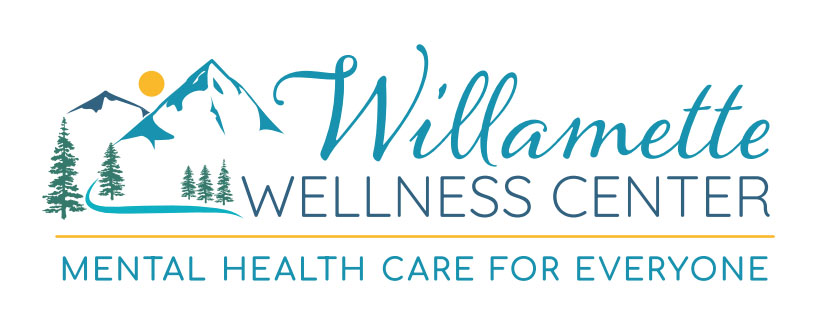Blog Post By Arin Wallington
Breaking the Cycle of Disorganized Attachment

Why is my partner mean when I get sick or hurt? It makes no sense and hurts my feelings.
Some people struggle when their loved ones get sick or injured – acting angry, giving the cold shoulder, and temporarily abandoning the one they love (leaving the room or house for hours at a time). Sometimes they make fun or even mock their partner for being sick, calling them a baby or suggesting that it’s not that bad, and they should suck it up. While the sick person knows this behavior isn’t right, they often can’t figure out why their caregiver acts this way.
People who treat others badly in times of need, most likely had emotionally immature parents growing up. Their childhood did not teach them how to emotionally regulate, stay calm, be present and help others. They don’t necessarily want to hurt their partners, but are just recreating childhood patterns of neglect and fear in the face of duress.
Childhood neglect results in adults who minimize illness for themselves and others. When their loved one becomes ill, they have no idea what to do or how to help, never being shown how to provide care or have empathy growing up. When a loved one isn’t well, it causes them to feel afraid and helpless, which quickly shifts to anger. They can lash out, mimicking the injured party, the way they were raised — resulting in mocking + minimizing pain and illness. Not knowing how to remain calm, empathetic or helpful can result in abandoning the situation altogether.
If this sounds like a friend or partner you have, there is hope. You can start by discussing their relationships with their parental figures. Ask specific questions about attachment and caregiving like:
- How did your parents react to you as a child when you became ill or injured?
- How did your parents react when there was something stressful happening in the family?
- Were emotions readily shown in your family or were there some emotions that were off limits?
- Growing up, did you feel like that at any moment something you did incite anger?
- Look back at pictures of you as a child with your parents. How do your parents appear in the photos? Are they smiling, smiling at you, holding you close, appearing calm and happy? Or do your parents appear stressed, angry or dissociated (looking off in the distance at something else + not focused on the child at all). How do you appear in photos as a child? Are you smiling, have a blank face, appear stressed or angry? Are you often alone in your photos? Pictures can say a lot about what it was like growing up in your family. They can tell a much different story than the narrative your parents might want you to believe about your childhood.
Discussing the answers to these questions can hopefully begin the conversations around what attachment was like in your family and how families can teach healthy attachment and caregiving. Learning about our pasts gives us validation and a reason to change things in the present.
If any of this resonated with you, please know that your childhood does not have to be your future.
Continue to learn more about attachments by reading, “Recovering from Emotionally Immature Parents,” by Lindsay Gibson, PsyD or connect with a therapist at WWC today.
Be Well,


